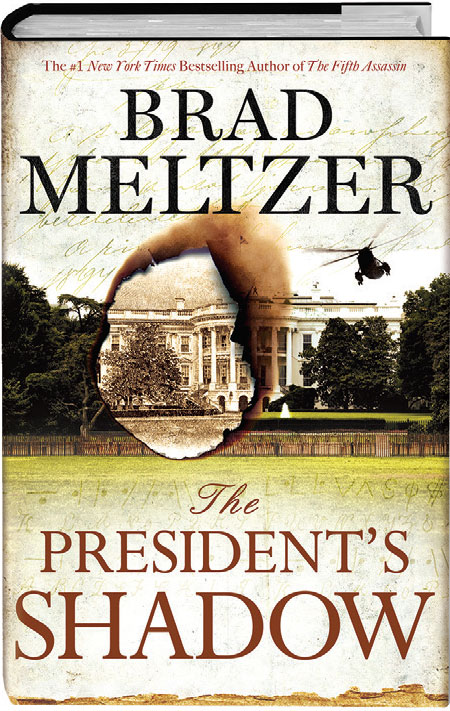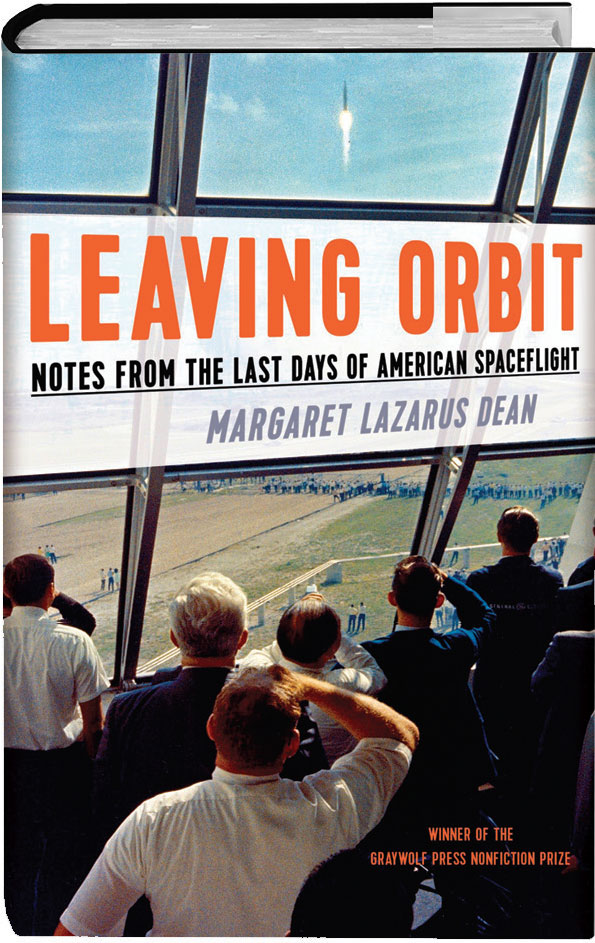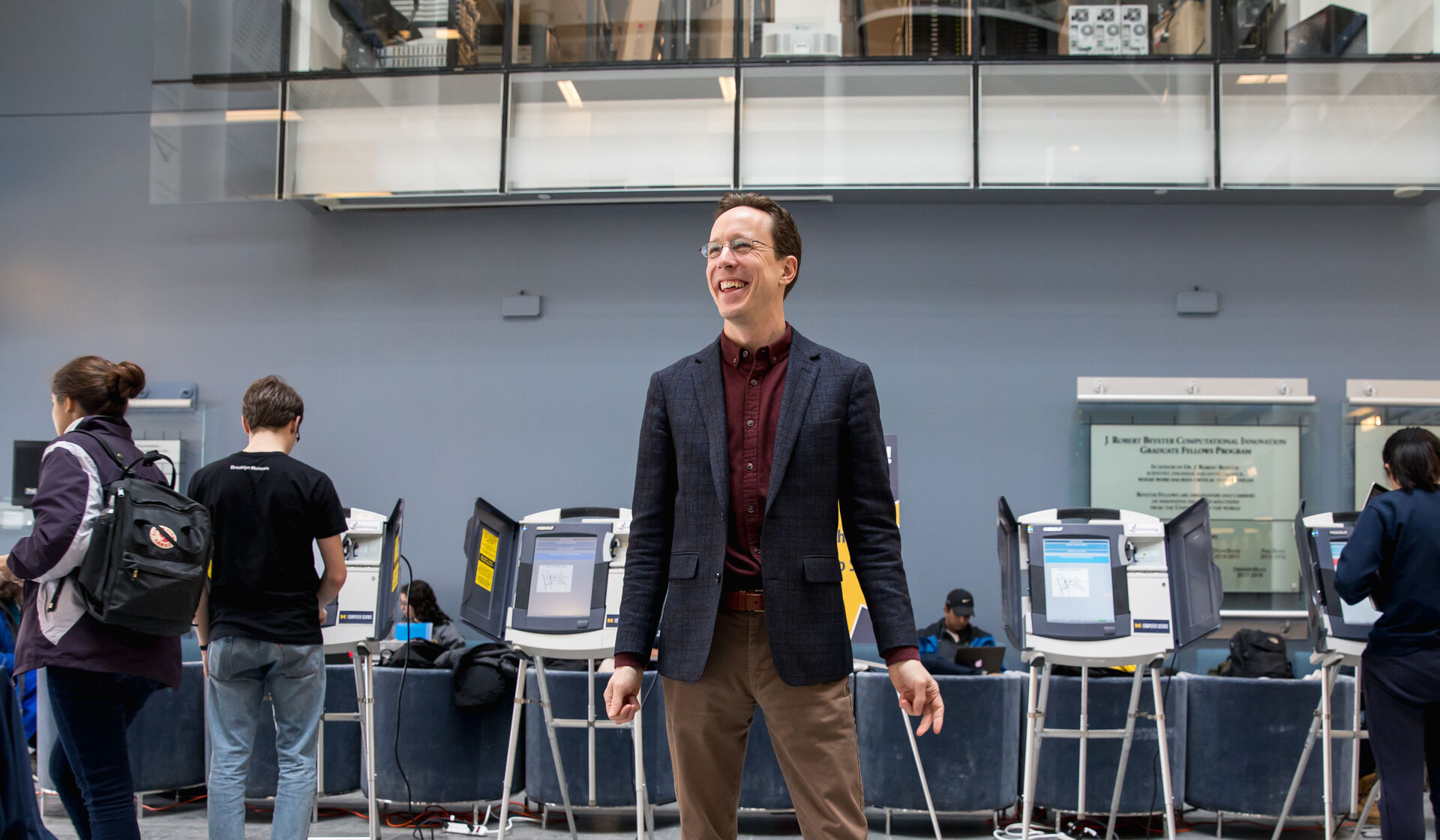The President’s Shadow
By Brad Meltzer, ’92
Grand Central Publishing, 2015
With this engrossing novel, Brad Meltzer strengthens his position as one of the best writers of political thrillers in the U.S. Once again, his protagonist is the intelligent and focused Beecher White, a young staffer with the National Archives in Washington, D.C., who investigates a White House-based crime. The discovery of the crime’s gruesome evidence begins the novel as the unsuspecting first lady works in her personal garden.
 When the Secret Service summons our protagonist to the White House to help solve the crime, he suspects that the president is eavesdropping electronically on his conversations with agents and staffers. The perplexities and hidden surprises of the plot then begin to take shape. This absorbing development of character and plot demonstrates Meltzer’s excellence at pacing a political thriller. He knows just how much to reveal and hint to the reader about the next turn of events and the upcoming twists of fate.
When the Secret Service summons our protagonist to the White House to help solve the crime, he suspects that the president is eavesdropping electronically on his conversations with agents and staffers. The perplexities and hidden surprises of the plot then begin to take shape. This absorbing development of character and plot demonstrates Meltzer’s excellence at pacing a political thriller. He knows just how much to reveal and hint to the reader about the next turn of events and the upcoming twists of fate.
Complicating matters for Beecher is his membership in a secret society, the Culper Ring, a 200-year-old group founded by George Washington and charged with protecting the presidency, and his strong dislike of the smooth operator known as President Orson Wallace. Can Beecher work effectively to protect the presidency even as he feels distaste for the current occupant of the office? As he searches for clues, Beecher asks whether the Rose Garden’s evidence can be linked to a known criminal named Nico and his accomplice Clementine, or whether this convenient hypothesis is a blind alley.
With such questions and the incremental revelations of the truth in this tale, Meltzer keeps even seasoned readers of thrillers on the edge of their seats. In an early scene, Beecher amplifies the possibilities: “What about the medical examiner? Can they get DNA from the , maybe tell us who it is?” A Secret Service agent replies: “Beecher, if we call in the D.C. police, they work for the mayor, not us. If we call in the FBI, they’ll bring it to the press and we’ll lose control of the entire investigation.”
The conclusion they draw is to maintain utter secrecy. Meltzer’s readers also benefit from this secrecy as we work along with the indispensable Beecher White to uncover evidence, interview suspects, and assign blame. — JOSEPH HEININGER
Leaving Orbit: Notes From the Last Days of American Spaceflight
By Margaret Lazarus Dean, MFA’01
Graywolf Press, 2015
The NASA space shuttle flew its final mission in 2011, unceremoniously ending 50 years of manned American spaceflight, and Margaret Lazarus Dean was there to bear witness. Dean’s multiple trips to the Kennedy Space Center in central Florida to see the final flights form the basis of her nonfiction account “Leaving Orbit,” a wistful yet tough look at why we flew into space for so long — and why we stopped.
A self-proclaimed space junkie, Dean is fascinated by the history of NASA and by the forces that met in 1961 to produce public support for accomplishments like the moon landings. But rather than wallow in nostalgia, she also wants to know where all that support has gone. Will her generation, or any American generation that follows, ever see humans on Mars? Or will politicians forever see such an objective as too expensive and unrewarding to take on?
 Dean’s first book was a novel set during the 1983 launch disaster of the space shuttle Challenger, a tragedy that, as she recalls in this book, “permanently damaged our faith that the world made sense and that the adults were properly in charge of it.” Dean notes that Challenger and Columbia, in 2003, were significant factors in weaning public support for manned spaceflight as they stand out in the country’s collective consciousness far more than any successful missions.
Dean’s first book was a novel set during the 1983 launch disaster of the space shuttle Challenger, a tragedy that, as she recalls in this book, “permanently damaged our faith that the world made sense and that the adults were properly in charge of it.” Dean notes that Challenger and Columbia, in 2003, were significant factors in weaning public support for manned spaceflight as they stand out in the country’s collective consciousness far more than any successful missions.
For her first nonfiction book, Dean puts herself in conversation with New Journalism giants who chronicled the start of the spaceflight era: writers like Tom Wolfe in “The Right Stuff” and Norman Mailer in “Of a Fire on the Moon.” Instead of merely standing on their shoulders, Dean wonders why they wrote about space the way they did, what they got wrong, and what they’d observe if they were now in her shoes.
She also takes the time to paint delicate portraits of the people she encounters along the way, from Omar, a NASA guard she meets online who becomes a valuable resource and confidant, to Buzz Aldrin himself. The stories Dean uncovers in Kennedy’s wings range from the humorous (hardcore space fans who have attended every launch) to the deeply tragic (a laid-off engineer who committed suicide by throwing himself from the upper decks of the Vehicle Assembly Building).
Since Dean’s 2011 Florida eulogy, several NASA events have recaptured the public’s imagination, including the landing of the Curiosity Rover on Mars and the New Horizons spacecraft’s revealing photographs of Pluto. But “Leaving Orbit” still captures a pivotal moment in our country’s history with the stars and leaves our next steps an open question. — ANDREW LAPIN, ’11





